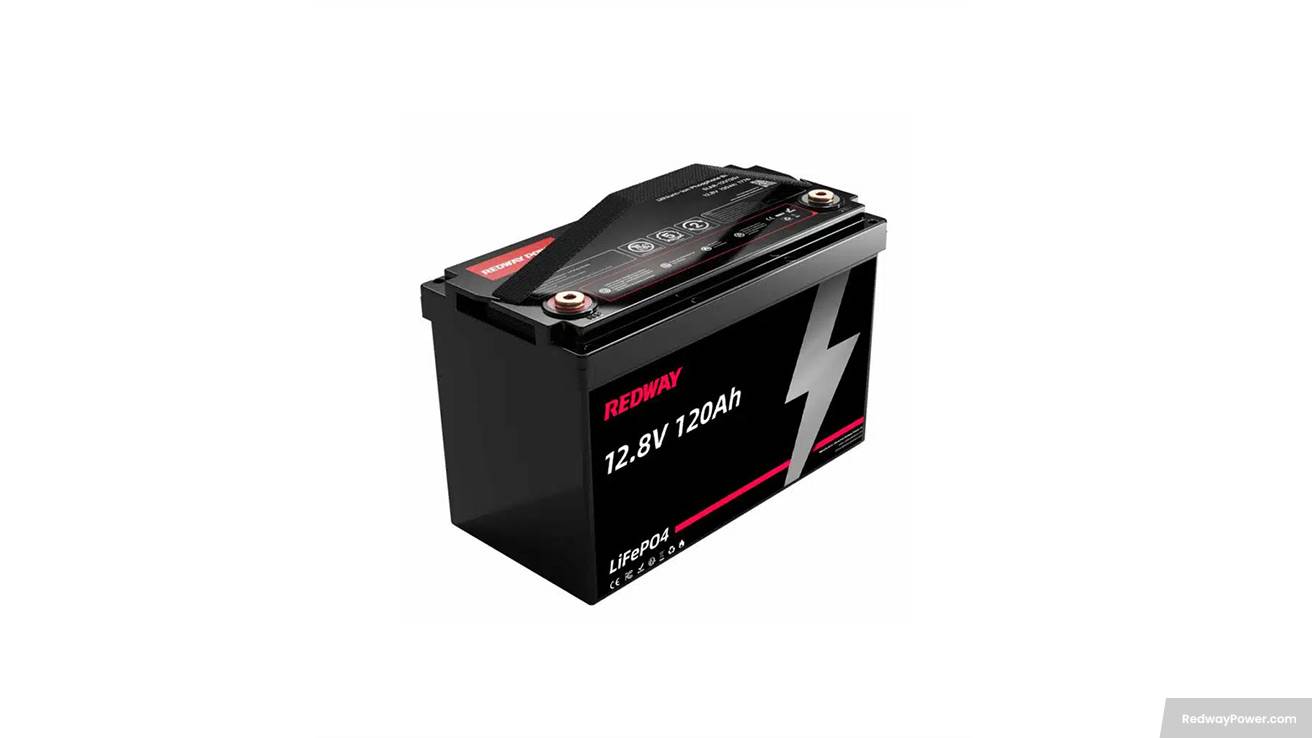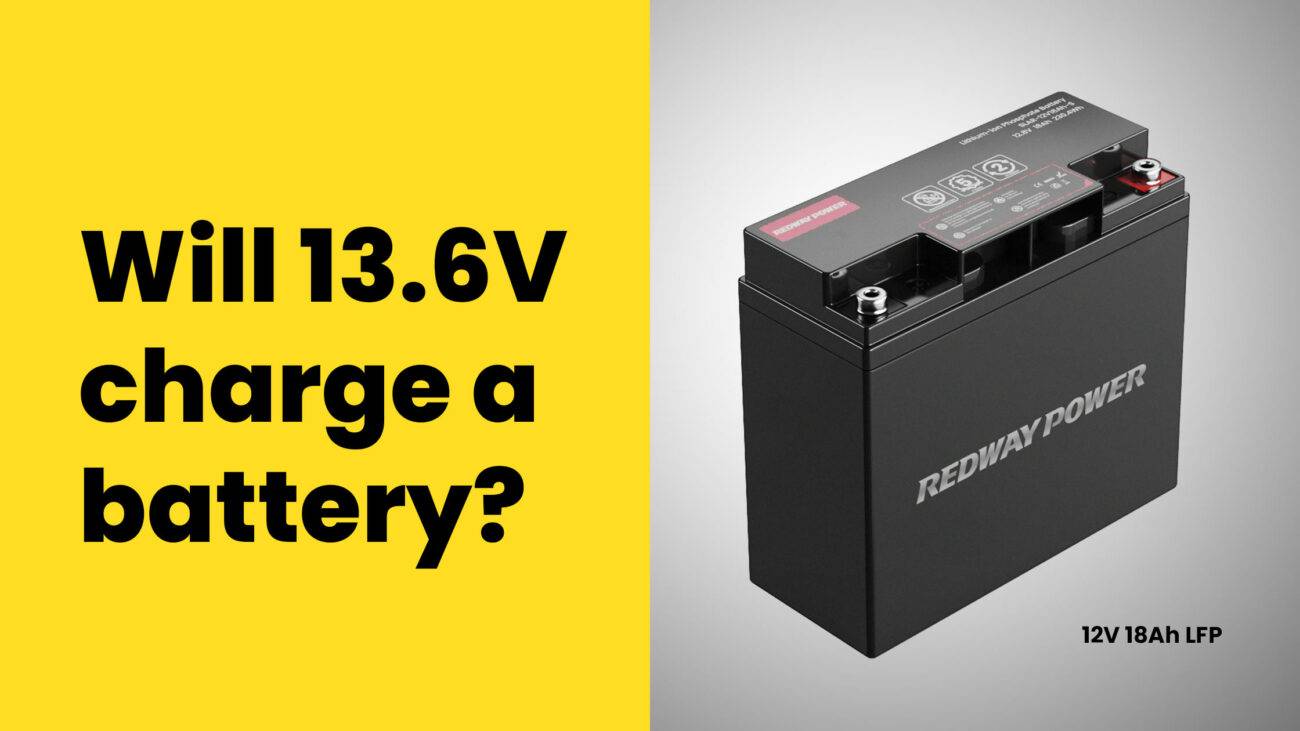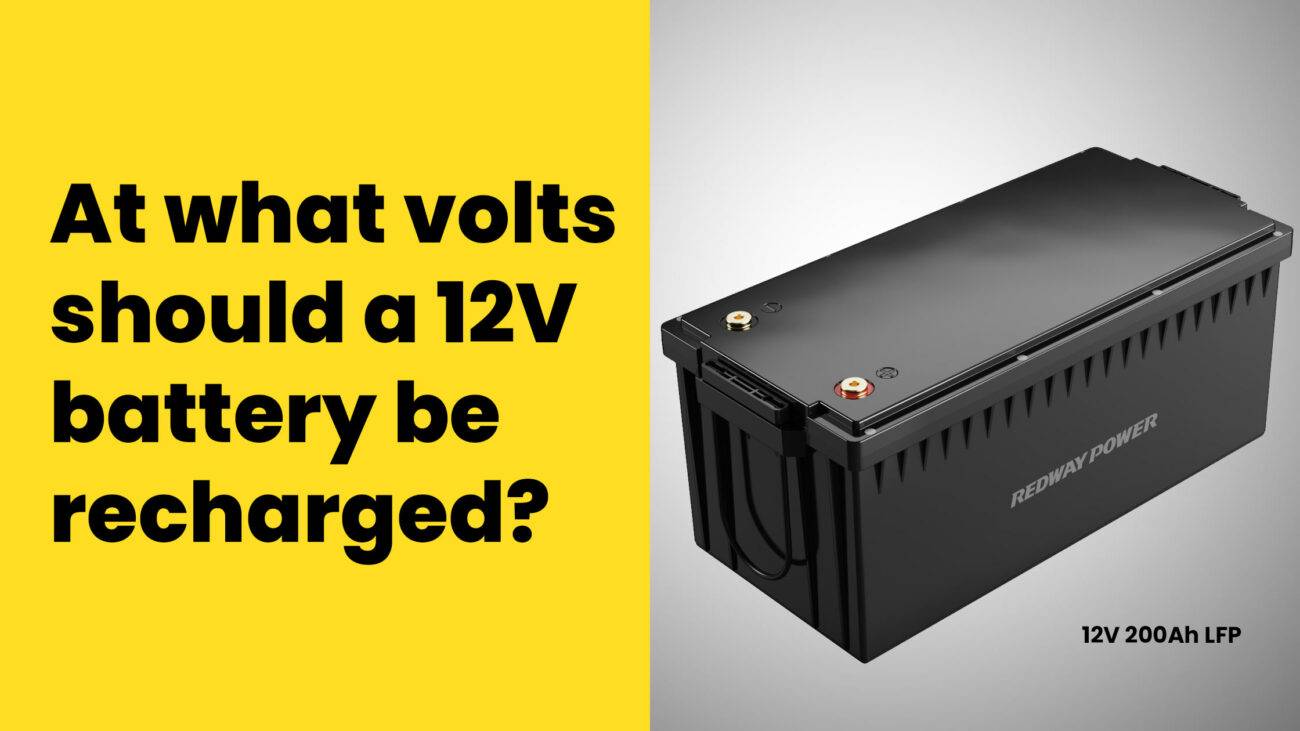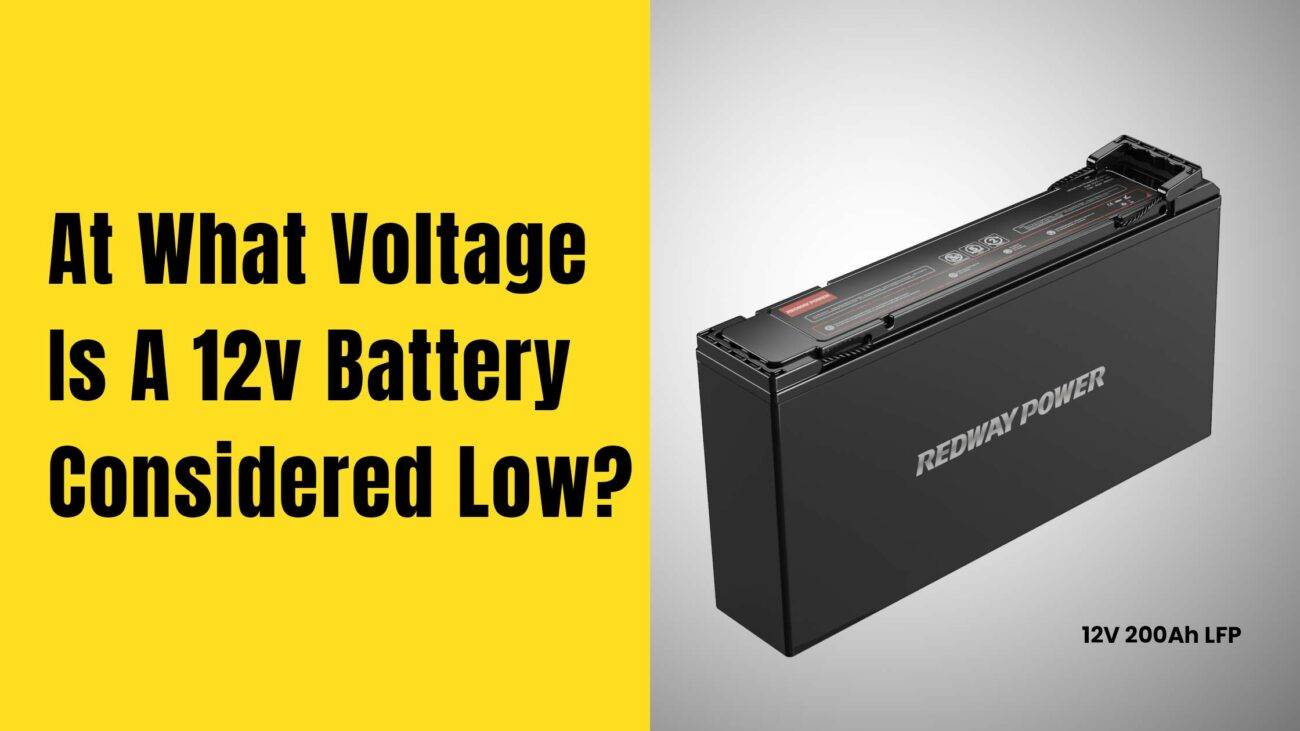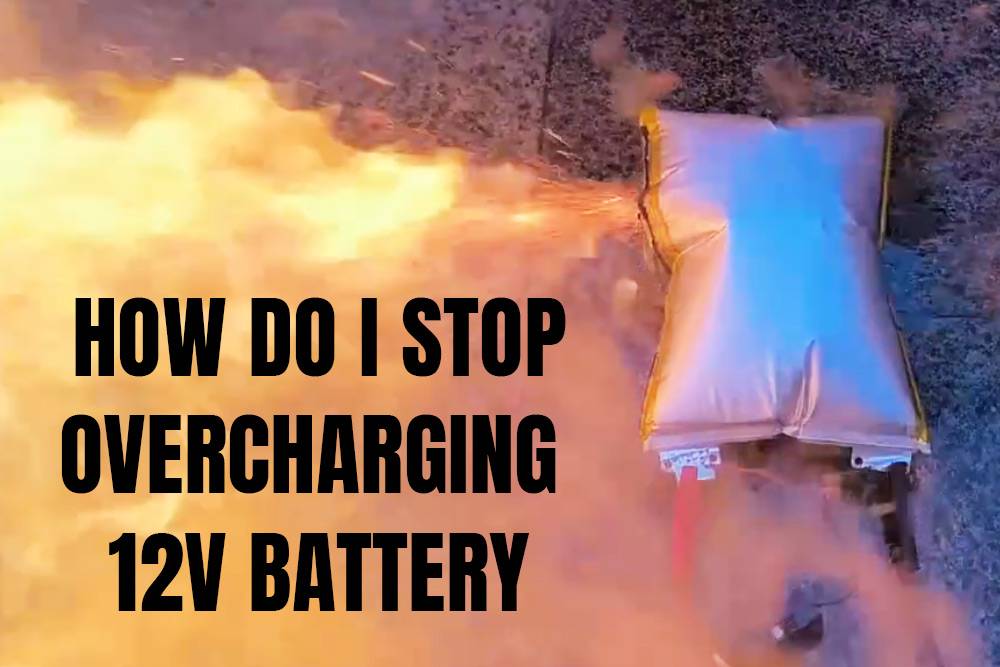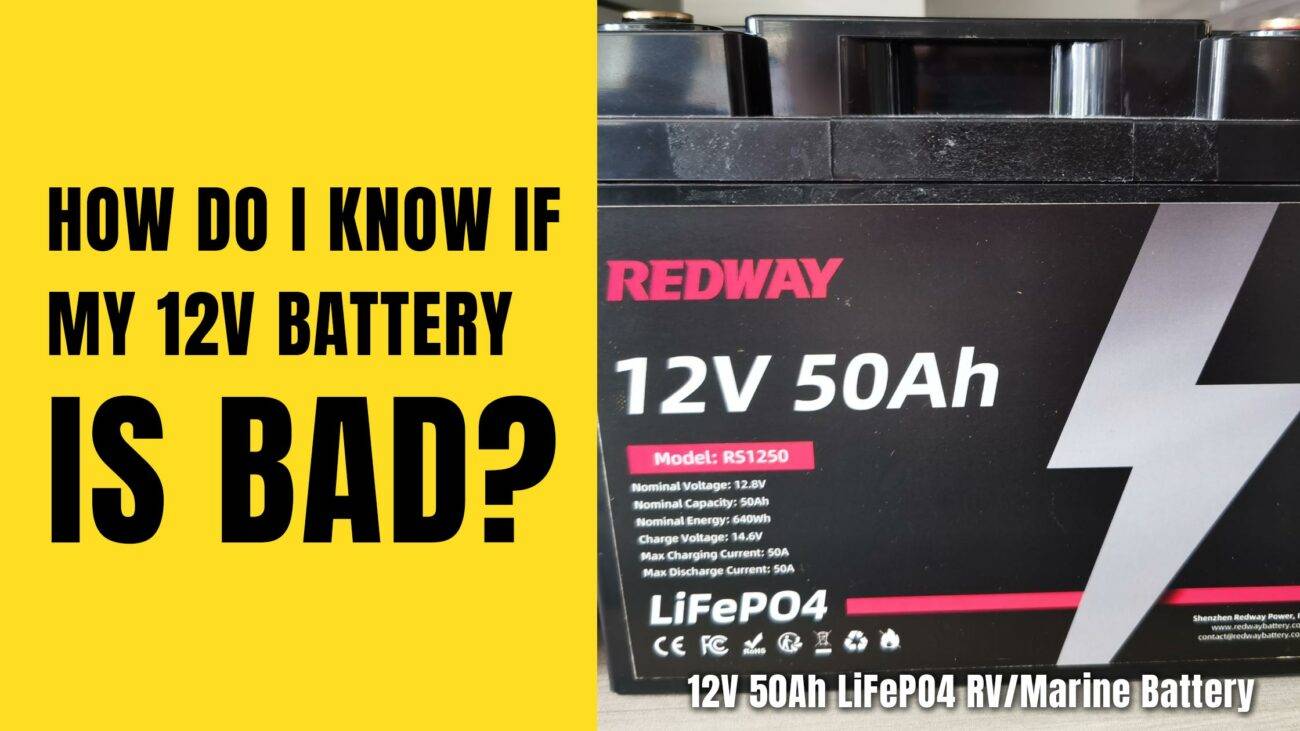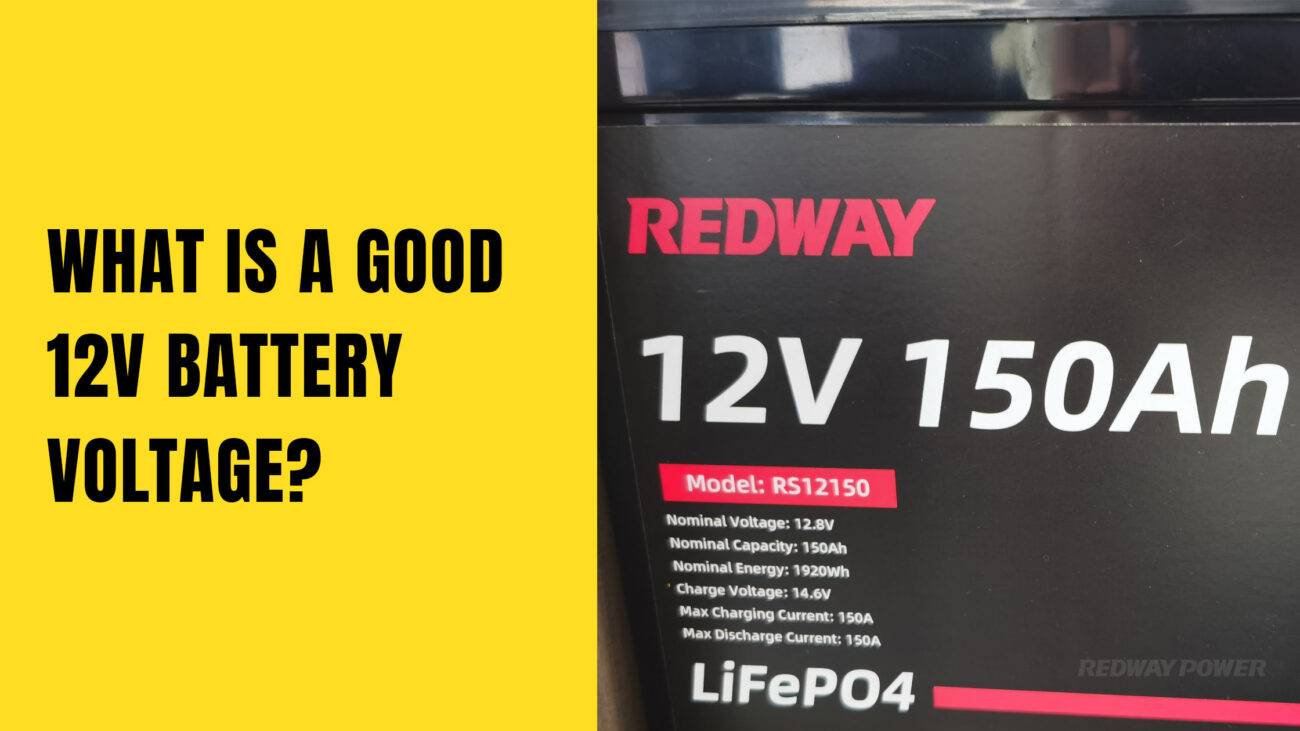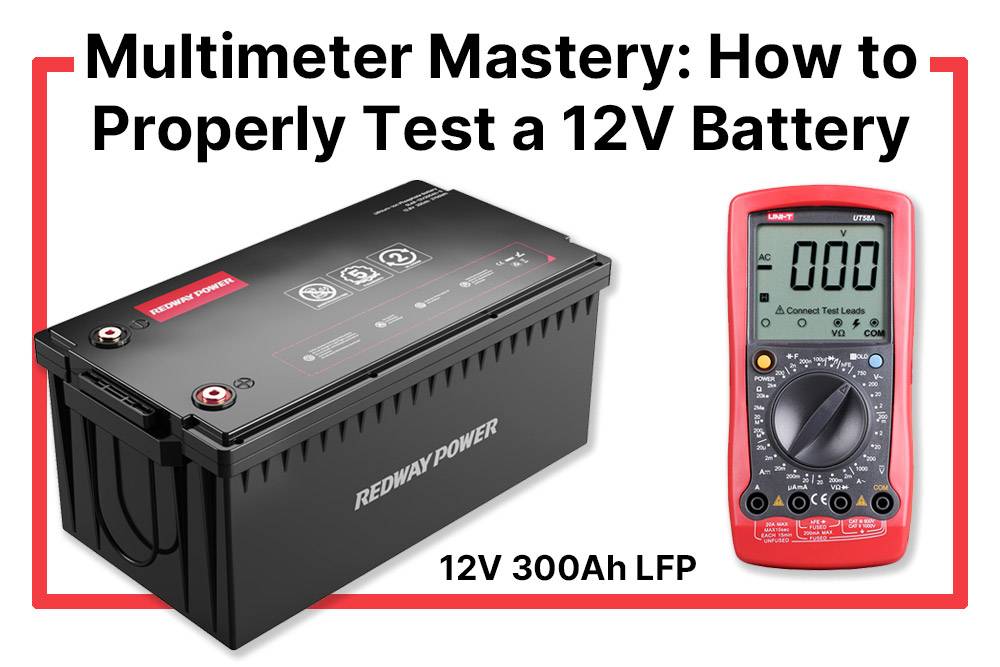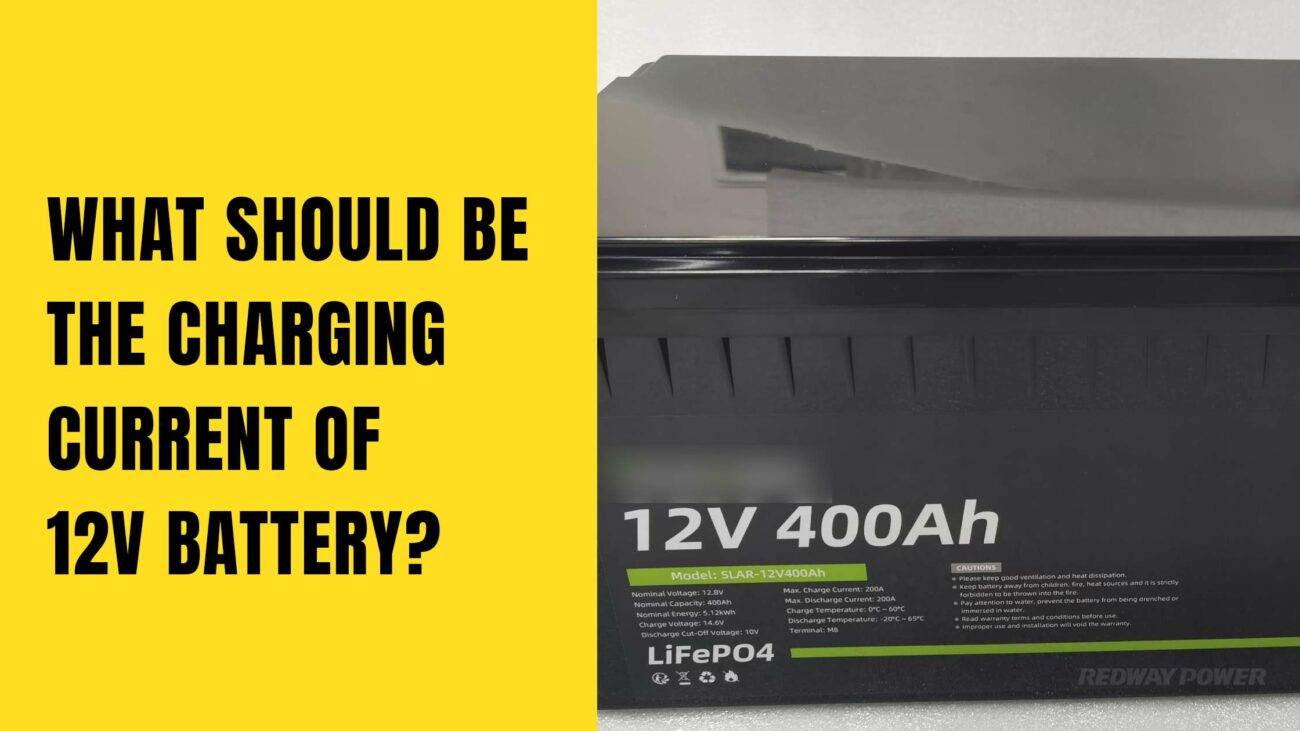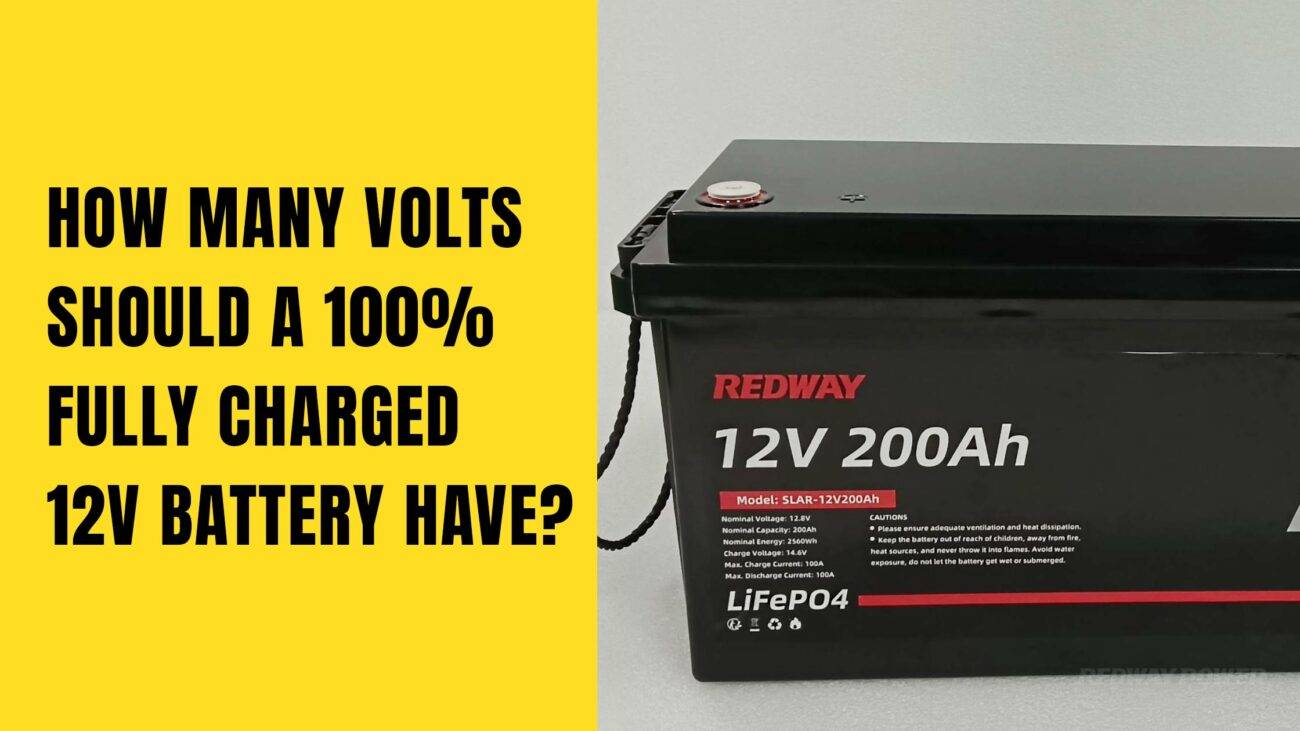- Forklift Lithium Battery
-
48V
- 48V 210Ah
- 48V 300Ah
- 48V 420Ah (949 x 349 x 569 mm)
- 48V 420Ah (950 x 421 x 450 mm)
- 48V 456Ah
- 48V 460Ah (830 x 630 x 590 mm)
- 48V 460Ah (950 x 421 x 450 mm)
- 48V 460Ah (800 x 630 x 600 mm)
- 48V 460Ah (820 x 660 x 470 mm)
- 48V 500Ah
- 48V 560Ah (810 x 630 x 600 mm)
- 48V 560Ah (950 x 592 x 450 mm)
- 48V 600Ah
- 48V 630Ah
-
48V
- Lithium Golf Cart Battery
- 12V Lithium Battery
12V 150Ah Lithium RV Battery
Bluetooth App | BCI Group 31
LiFePO4 Lithium
Discharge Temperature -20°C ~ 65°C
Fast Charger 14.6V 50A
Solar MPPT Charging - 24V Lithium Battery
- 36V Lithium Battery
- 48V Lithium Battery
-
48V LiFePO4 Battery
- 48V 50Ah
- 48V 50Ah (for Golf Carts)
- 48V 60Ah (8D)
- 48V 100Ah (8D)
- 48V 100Ah
- 48V 100Ah (Discharge 100A for Golf Carts)
- 48V 100Ah (Discharge 150A for Golf Carts)
- 48V 100Ah (Discharge 200A for Golf Carts)
- 48V 150Ah (for Golf Carts)
- 48V 160Ah (Discharge 100A for Golf Carts)
- 48V 160Ah (Discharge 160A for Golf Carts)
-
48V LiFePO4 Battery
- 60V Lithium Battery
-
60V LiFePO4 Battery
- 60V 20Ah
- 60V 30Ah
- 60V 50Ah
- 60V 50Ah (Small Size / Side Terminal)
- 60V 100Ah (for Electric Motocycle, Electric Scooter, LSV, AGV)
- 60V 100Ah (for Forklift, AGV, Electric Scooter, Sweeper)
- 60V 150Ah (E-Motocycle / E-Scooter / E-Tricycle / Tour LSV)
- 60V 200Ah (for Forklift, AGV, Electric Scooter, Sweeper)
-
60V LiFePO4 Battery
- 72V~96V Lithium Battery
- Rack-mounted Lithium Battery
- E-Bike Battery
- All-in-One Home-ESS
- Wall-mount Battery ESS
-
Home-ESS Lithium Battery PowerWall
- 24V 100Ah 2.4kWh PW24100-S PowerWall
- 48V 50Ah 2.4kWh PW4850-S PowerWall
- 48V 50Ah 2.56kWh PW5150-S PowerWall
- 48V 100Ah 5.12kWh PW51100-F PowerWall (IP65)
- 48V 100Ah 5.12kWh PW51100-S PowerWall
- 48V 100Ah 5.12kWh PW51100-H PowerWall
- 48V 200Ah 10kWh PW51200-H PowerWall
- 48V 300Ah 15kWh PW51300-H PowerWall
PowerWall 51.2V 100Ah LiFePO4 Lithium Battery
Highly popular in Asia and Eastern Europe.
CE Certification | Home-ESS -
Home-ESS Lithium Battery PowerWall
- Portable Power Stations
What Is the Best Voltage for Charging a 12V Battery?

The ideal charging voltage for a 12V battery typically ranges from 13.8 to 14.7 volts, depending on the type of battery. Adhering to these voltage levels is crucial for maintaining battery health and optimizing performance. Understanding how to charge your battery correctly can significantly extend its lifespan.
What is the ideal charging voltage for a 12V battery?
For most 12V batteries, the recommended charging voltages are as follows:
- Lead-Acid Batteries: The ideal charging voltage is around 14.4 to 14.7 volts during bulk charging.
- AGM Batteries: These batteries typically require a maximum of 14.4 to 14.8 volts.
- Lithium-ion Batteries: For lithium-based batteries, the optimal charging voltage is about 14.6 volts.
| Battery Type | Recommended Charging Voltage |
|---|---|
| Lead-Acid | 14.4 – 14.7 volts |
| AGM | 14.4 – 14.8 volts |
| Lithium-ion | Approximately 14.6 volts |
How do different types of batteries affect charging voltage requirements?
Different battery chemistries have varying requirements for optimal charging:
- Flooded Lead-Acid Batteries: Require higher voltages during charging to ensure full capacity but must be monitored to prevent gassing.
- AGM (Absorbent Glass Mat) Batteries: Can handle slightly higher voltages than flooded lead-acid batteries and are less prone to gassing.
- Gel Batteries: Typically require lower voltages (around 13.5 – 14.0 volts) compared to flooded and AGM types.
- Lithium-ion Batteries: Require precise voltages (around 14.6 volts) for safe and efficient charging.
Why is it crucial to adhere to recommended charging voltages?
Adhering to recommended charging voltages is essential because:
- Battery Longevity: Correct voltages help prevent premature degradation and extend overall lifespan.
- Safety: Overcharging can lead to overheating, swelling, or even explosions in severe cases.
- Performance Optimization: Properly charged batteries operate more efficiently, providing better performance in devices.
What are the consequences of overcharging or undercharging a 12V battery?
Charging a battery beyond its recommended voltage can have serious consequences:
- Overcharging:
- Causes excessive heat generation.
- Can lead to gassing in lead-acid batteries, resulting in loss of electrolyte and damage.
- May cause lithium-ion batteries to swell or catch fire.
- Undercharging:
- Results in sulfation in lead-acid batteries, which can permanently reduce capacity.
- Reduces overall efficiency and runtime in devices powered by the battery.
| Charging Issue | Consequence |
|---|---|
| Overcharging | Heat generation, gassing, potential damage |
| Undercharging | Sulfation, reduced efficiency |
How can I measure and monitor battery voltage accurately?
To ensure your battery is charged correctly:
- Use a multimeter to measure the open-circuit voltage when the battery is at rest.
- During charging, monitor the voltage with a compatible charger that displays real-time data.
- Regularly check connections and terminals for corrosion or damage that could affect readings.
Tips for Battery Wholesale Buyers
When considering bulk purchases or OEM orders, it’s crucial to select reliable manufacturers like Redway Power, known for their high-quality lithium-ion solutions with over 13 years of experience. The process involves:
- Identifying your specific needs regarding capacity and application.
- Requesting quotes from manufacturers while ensuring compliance with industry standards.
- Evaluating the manufacturer’s ability to meet your production timelines and quality requirements.
Redway Power Expert Views
“Understanding the correct charging voltages for different types of batteries is vital for ensuring safety and longevity,” states an expert from Redway Power. “By following these guidelines, users can maximize their investment in battery technology while minimizing risks associated with improper handling.”
FAQ Section
- What is the best voltage for charging a 12V battery?
The ideal charging voltage typically ranges from 13.8 to 14.7 volts, depending on the type of battery. - What happens if I overcharge my 12V battery?
Overcharging can lead to overheating, gassing, and potential damage or failure of the battery. - How can I check if my battery is being charged correctly?
Use a multimeter to measure open-circuit voltage and monitor it during charging with a compatible charger that displays real-time data.














